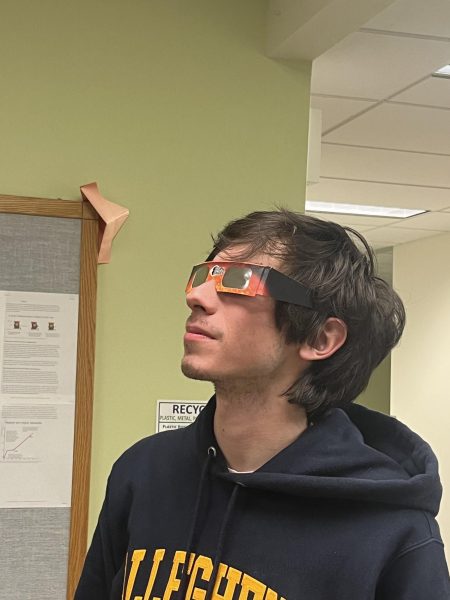How gut microbiome impacts neurological disorders
Recent animal studies have shown that the gut microbiome plays a key role in aspects of neurodevelopment, neuroinflammation and behavior, but animals are not the only ones whose central nervous system is greatly affected by the gut microbiome.
Due to the advances in and the reduced costs of sequencing and metabolomics technologies, bacteria has become much more prevalent in scientific research.
According to University College Cork professor of anatomy and neuroscience John F. Cryan, the disciplinary studies of neurology and microbiology do not normally overlap, except in various bacterial or viral infections of the central nervous system.
Over the past two decades, scientists have discovered that the trillions of microorganisms that reside within the gut, as well as the microbiome — or the genetic material of the microbiota — have key roles in maintaining homeostasis and in regulating major body systems.
Scientists have been focusing more on the microbiota-gut-brain axis — the bidirectional communication pathways between the gut bacteria and the CNS — as well as the different neurological disorders that could possibly be treated by the gut bacteria.
From 2013 to 2015, the United States National Institute of Mental Health, funded seven different pilot studies with donations of up to $1 million each to determine the different functions of the microbiome-gut-brain axis.
While some scientists are focused more on learning about this region of the body, others are more interested in learning about which neurological disorders the gut microbiome can cure and which ones it can cause.
A group of researchers at Baylor College of Medicine led by Shelly Buffington, an assistant professor at the University of Texas Medical Branch in Galveston, are using mouse models to determine if they can use certain types of bacteria to restore normal social behavior in those with autism spectrum disorder.
Their studies have shown that the administration of a single strain of Bacteroides fragilis or Lactobacillus reuteri could reverse many of the behavioral and gastrointestinal changes that are reported in both human and animal studies of ASD.
“Our work strengthens an emerging concept of a new frontier for the development of safe and effective therapeutics that target the gut microbiome with selective probiotic strains of bacteria or bacteria-inspired pharmaceuticals,” Buffington said.
Additionally, when combined, L. rhamnosus and L. helveticus have been described as being able to reverse stress-induced memory dysfunction in mice that had been infected by another bacterium — Citrobacter rodentium.
Meanwhile, a research team from Brigham and Women’s Hospital discovered that an astrocyte subpopulation serves as an anti-inflammatory function in the brain based on signals regulated by gut bacteria.
Results from this study show that interferon-gamma, a signaling molecule, was found to regulate TRAIL, or tumor necrosis factor-related apoptosis-inducing ligand, expression, while gut bacteria was discovered to induce the expression of these signaling molecules, in the cells that reach the meninges, and promote the anti-inflammatory activities of astrocytes.
From these results, researchers believe that a deeper understanding of the underlying mechanisms that are responsible for the activation of these astrocytes might be beneficial in treating other types of neurological disorders such as multiple sclerosis.
Yet, other studies are proving that gut microbes are not entirely beneficial. Another group of researchers found that microbes might be responsible for “hacking” into the reward system, stimulating cravings for certain foods, and new research demonstrates that particular changes in the gut microbiome can result in Alzheimer’s-like behavior.
According to a study published in the journal Scientific Reports led by scientists at Oregon Health and Science University, there is a correlation between the composition of the gut microbiome and the behavioral and cognitive performance of mice that are carrying genes associated with Alzheimer’s Disease
The researchers discovered that there is a relationship between the changes in the gut microbiome and epigenetic changes in neural tissue in the hippocampus, a region of the brain that plays a major role in learning and memory.
The study found that, “epigenetic mechanisms occurring in the brain, as well as alterations in the gut microbiome composition, might contribute to Alzheimer’s Disease.”
Alterations in the signaling of certain neurotransmitters, associated metabolites and neurotransmitter receptors have also been described in certain brain regions of the germ-free mice.
Research has also proven that when used at a young age, bacteria such as Bifidobacterium infantis can inflict various health problems, such as immune changes and anxiety-like behavior in adulthood.
Based on these recent findings in the relationship between the brain and the gut microbiome, scientists are looking to possibly “humanize” the gut microbiota, by possibly transplanting fecal microbiota from specific human conditions or from animal models of diseases.






